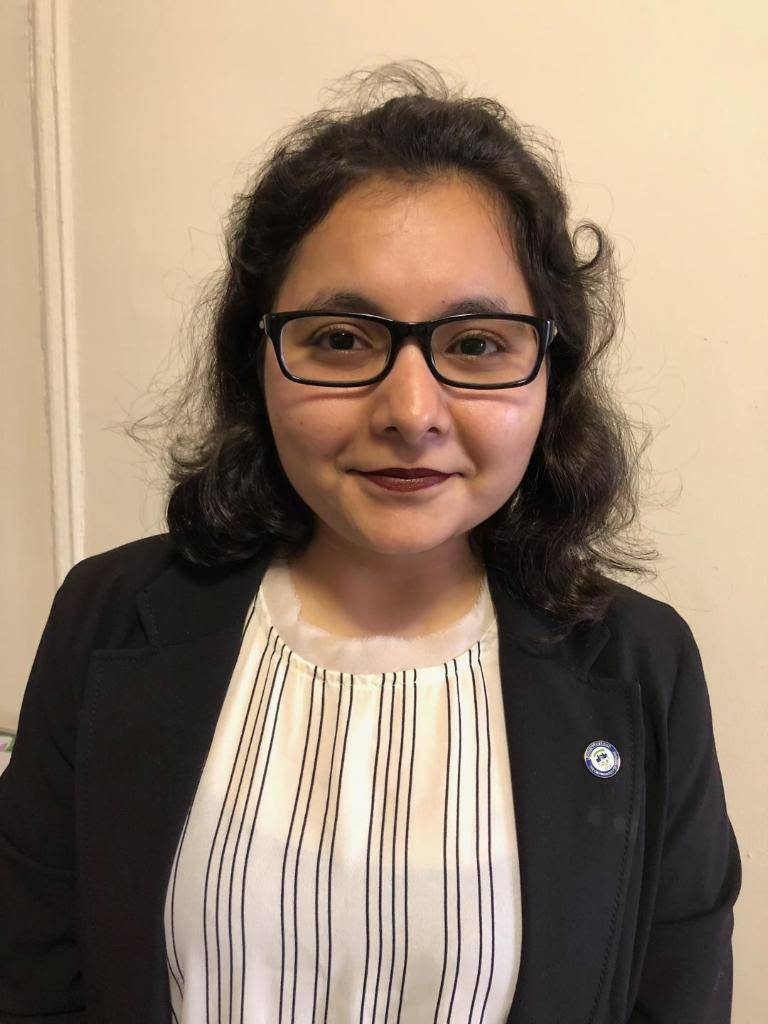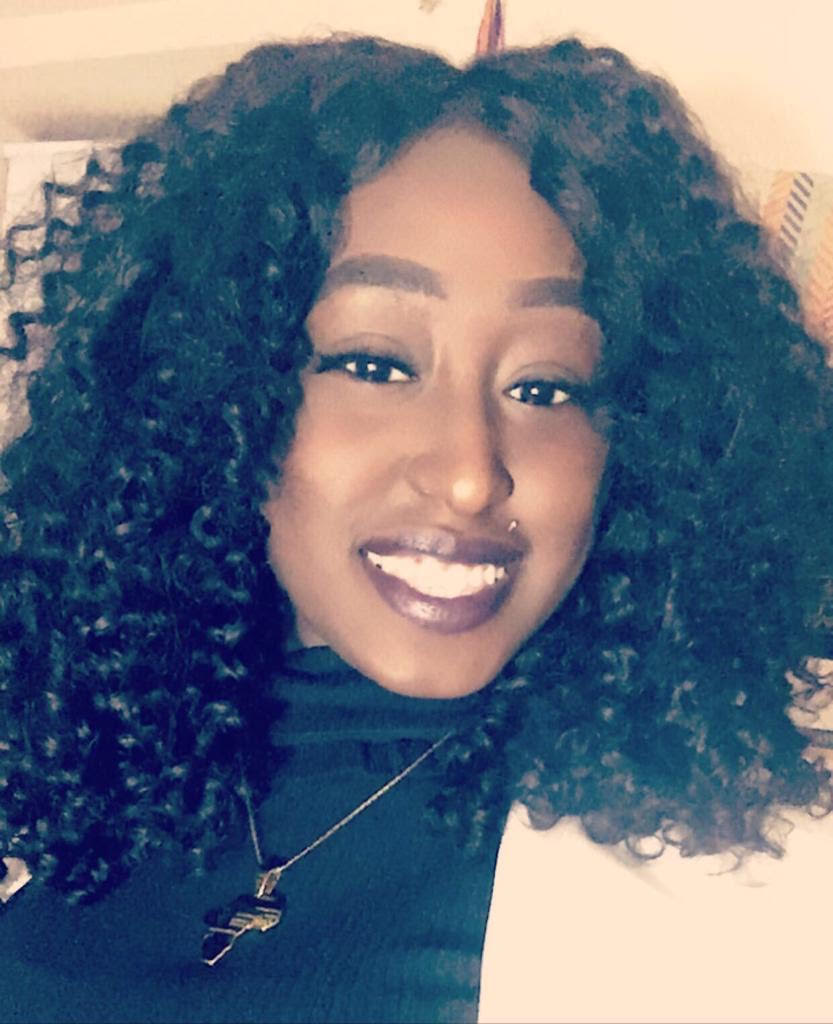80,000 officials will be in office this year, including the entire House of Representatives, one-third of the Senate, and 36 governors. However, 1 in 5 eligible Americans in the US is not even registered to vote.
In recent years, young Americans have failed to show up in large numbers. This, of course, makes them unreliable voters and not a solid basis for political parties.
Millennial non-voters are the common scapegoat for the low voter turnout in the midterms. The narratives related to young voters are simply wrong because of the interests of the young Americans are seldom on the agendas of politicians. So, here are a few perspectives of young Americans who are motivated to participate in the democratic process despite the adversities they face in American politics.

Tary is 23-year-old Dominican-American Student Advocate on her college campus. In 2016, Tary was eligible to vote for the first time and she felt empowered to do her civic duty as an American. In our interview, Tary said it is important to vote because “We all care about the same thing, we all want our parents to have health insurance so if they get sick, we don’t have to go bankrupt to pay the medical fees. We are all affected by the same issues, we complain about it but we don’t seem to organize and do something about it” Tary belongs to several student leadership and advocacy groups on her campus, yet she said that she “always wanted to stay away from politics until a few years ago”. Tary feels like Americans like her don’t have a choice but to participate in the democratic process because the political atmosphere in America is simply unacceptable right now. Tary will be voting in the midterm election in the hopes of better healthcare policies.

Amna is a 21-year-old Pakistani-American Student Advocate who thinks is impermissible to not vote because you are not just voting for your outcome. She says that it should not matter if your candidate wins or not, you still need to vote. “If I want our local, state or national policy to reflect my values and priorities then I have to vote for people who will do so. I get to vote today because people before me fought tooth-and-nail to ensure that I have that right and if I don’t vote, I am doing a disservice not just to myself and my community but also failing to honor the hardship endured by those who came before me.“

Nick is a 22-year-old Puerto Rican-American and an international law student who grew up in the South Bronx. He is a middle-class millennial and has lost a sibling to gun violence. He thinks not being political is not an excuse to not vote. Nick is a peer educator on his campus and when I asked him why must young people vote, he said, “Being engaged means you can throw your hat in for the candidates who want to help students pay their college loans, get better curricula and better healthcare, or focus on climate change and disaster relief. Voting means you can have someone who is embedded in criminal justice reform or one who focuses on equal pay for women in office and take action with the backing of the people.” When I asked Nick whether he is hopeful for the future of America, he said, “In a time like this, we need turnout… not fallout. I’m hopeful that things will change and work in favor of the ones who truly need help tackling life’s social, emotional and financial issues in a stage where social mobility has slowed, where there’s a focus on economic wealth but a poor distribution of it. There is always hope for a better life, as there should be. If you want to live a future of prosperity, you must craft it with your own two hands through toil and tough decisions; no one will hand you the life you want, but you can choose who supports you in your endeavors.”

Alicia is a 22-year-old Student Government Officer, Advocate, and the mother of a 2-year-old. As a young woman, Alicia feels that the current political climate is harmful towards most Americans, “Women are being punished because dealing with the truth of sexual assault, and sexual harassment is inconvenient.” When I asked Alicia what she can say about young Americans who don’t vote, she said, “If you want to see a change, you have to make it happen. If you are not voting simply because you choose not to, you are a part of the problem.”

Famata is a 24-year-old Student and was 18 years old when she first voted in the 2008 presidential election that elected former President Barack Obama. Famata comes from a family that always encouraged her to vote because of her African-American heritage and what it means to her parents. She emphasized the importance of having educated young people vote in every election and mentioned that she always voted in the hopes that her elected officials will help provide better social safety-net programs, better public transportation, and education for all. “Dreamers should be able to get an education, it should be a given, what benefit do we have from having uneducated young people?” Being a young Muslim American woman, Famata thinks it’s extremely important to represent others who may not be able to vote and to share their concerns. She feels proud to see the diversity of the current political nominees running for office across America and she is hopeful for the future.

Jesse is a Student Government Officer on his campus. Jesse feels that he is often overlooked by politicians appointed to represent him. Jesse thinks that issues that most young Americans care about are not reflected in American politics. As an Environmental Science student, Jesse feels extremely discouraged by the current administration’s decisions on climate change and global warming policies. When I asked Jesse if he votes, he replied that he mostly prioritizes voting on the presidential elections. After discussing the midterms and the current political climate, Jesse explained that he has “more to lose by not voting.”

Kassandra is a working mother, Student Advocate, and a Student Government Officer on her campus. Kassandra believes in the democratic process of America. She thinks it is extremely important to be involved in local and state politics and vote in the midterms because, in her opinion, the most important changes that hit close to home happens in the state government. When I asked her why she thinks young Americans don’t vote, she said it’s because a lot of people, in general, are unaware of the fact that they can hold their elected officials accountable for the policies they support. Kassandra emphasized that there are consequences in our own communities when we don’t elect the right people to represent us.
After the young people who are actively working against the stereotype that young Americans do not care about the democratic process, I realized that politicians need to prioritize young voters exponentially more than they do now because we are the people who will be left with the old and outdated policy decisions that are being made on our behalf.
Millennials and politicians need to meet halfway because we need more policies on affordable education, employment, climate change, and net neutrality, but we need to actually show up and vote.











